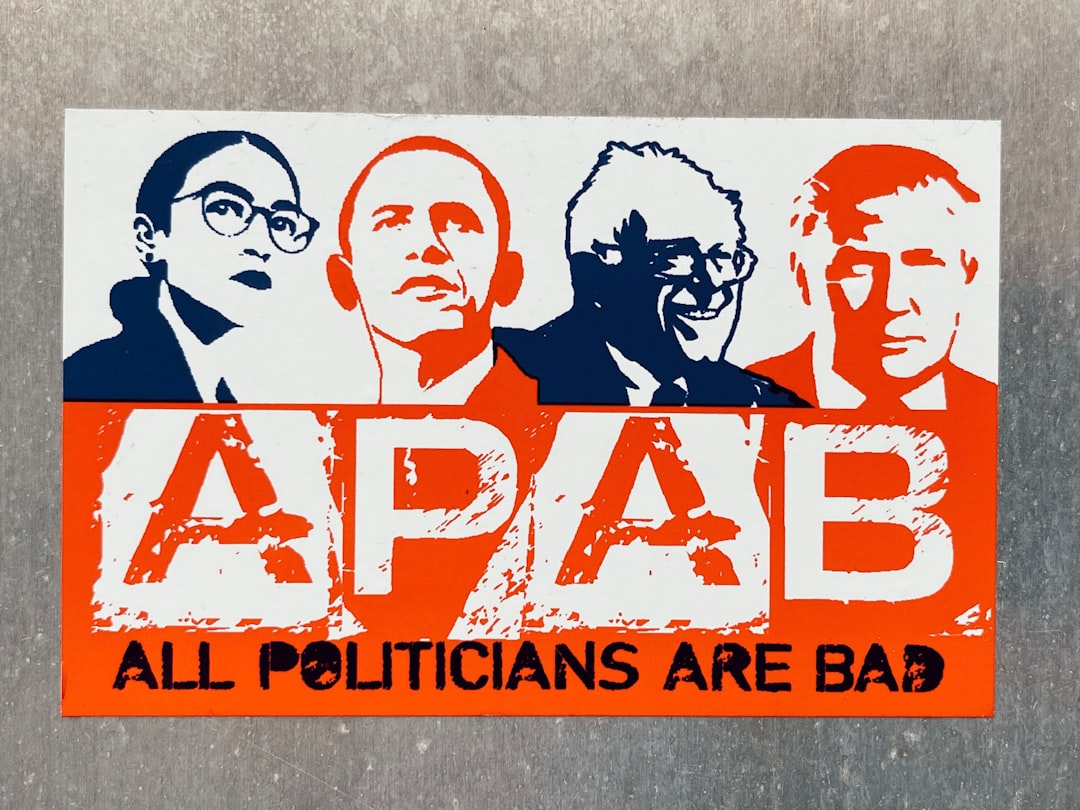Columbia's $220 Million Surrender: Ivy League Giant Bows to Trump Administration After Campus Chaos

In a move that has sent shockwaves through the academic world, Columbia University has agreed to a jaw-dropping deal with the Trump administration, committing to a payment of more than $220 million. This stunning agreement brings a dramatic conclusion to a bitter and protracted dispute that saw the prestigious Ivy League institution teetering on the brink of catastrophic federal funding cuts, effectively ending a period of intense institutional uncertainty with a massive check.
The high-stakes showdown was triggered by the Trump administration's sharp and public criticism of Columbia's handling of on-campus turmoil. Following the outbreak of the Israel-Gaza war in October 2023, the university became a focal point for intense protests and activism. Federal officials accused the university's leadership of failing to adequately combat what they described as rampant and unchecked antisemitism, leveraging the threat of pulling vital financial support to force the university's hand and demand accountability.
The financial terms of this capitulation are staggering. Under the newly announced deal, Columbia will pay a $200 million settlement directly to the federal government, disbursed over the next three years. On top of that monumental sum, the university will fork over an additional $21 million to resolve separate investigations conducted by the U.S. Equal Employment Opportunity Commission (EEOC). The total public cost of this settlement now stands at an eye-watering $221 million, a figure that underscores the immense pressure the university was under.
In a carefully worded statement, acting university president Claire Shipman attempted to frame the settlement in a positive light. She called the agreement an "important step forward after a period of sustained federal scrutiny and institutional uncertainty." However, this official narrative belies the deep controversy surrounding the deal. Sources familiar with the negotiations have described the terms as containing "extraordinary concessions," a fact that is certain to infuriate faculty, students, and alumni who view the settlement as a dangerous capitulation to politically motivated pressure from the Republican administration.
This massive monetary payout is reportedly just the final piece of a larger puzzle. The university had already agreed to a series of non-financial demands laid out by the administration to prove its commitment to reform. While the deal resolves the immediate threat of funding cuts, it raises profound questions about institutional autonomy, academic freedom, and the price of peace in an era of intense political polarization. As the dust settles, the Columbia community and the wider academic world are left to grapple with the precedent set by this incredibly costly compromise and what it signals for other institutions facing similar scrutiny.

